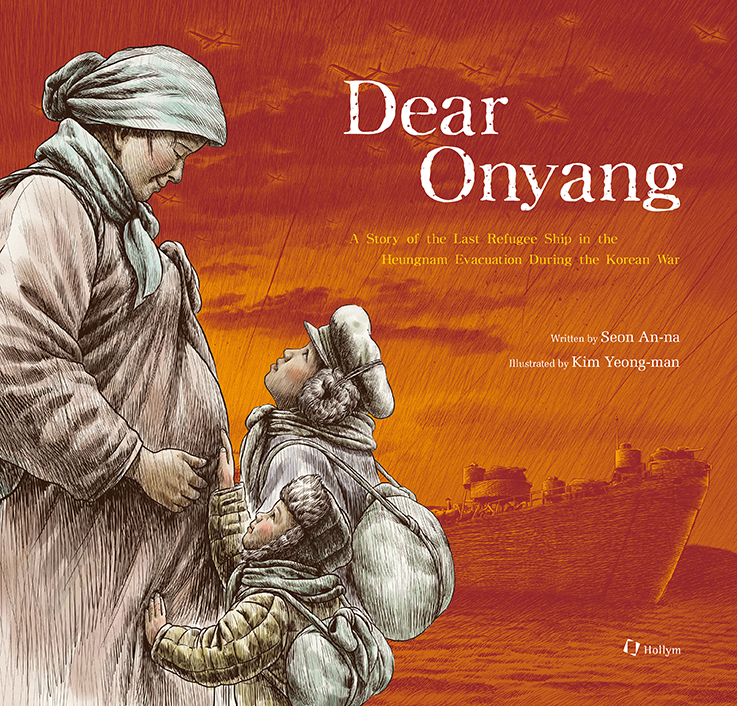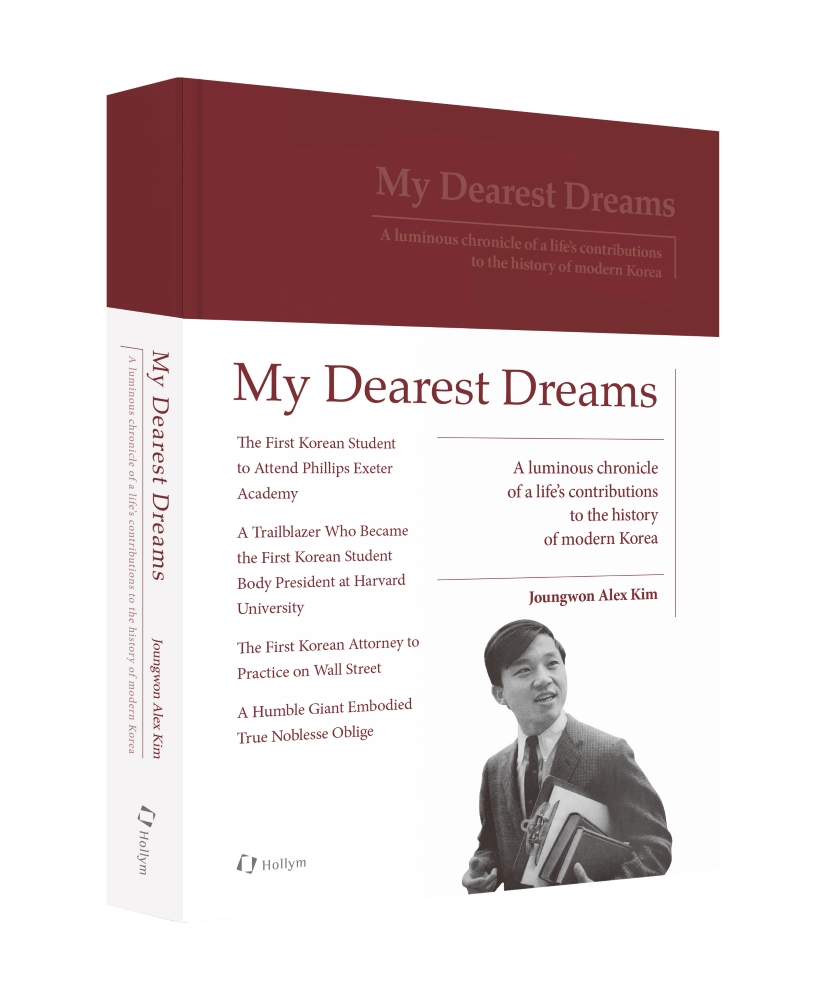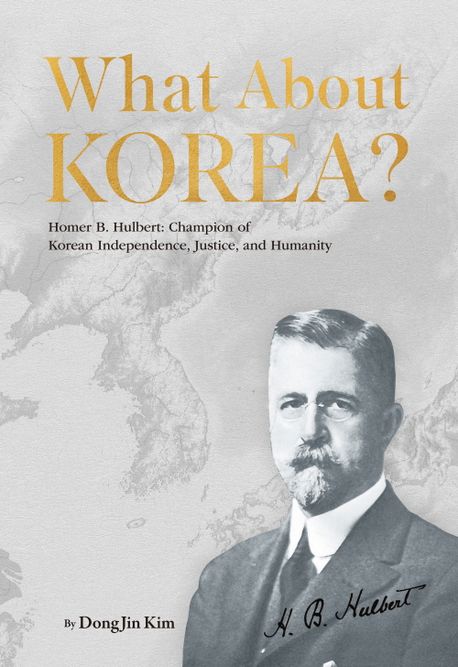- %SALE%
- Korean with BTS
- Han Kang
- Books in German
-
Books in English
- LEARN KOREAN
- Architecture
- Photobooks
- Nature & Wildlife
- History
- Society
- Children's Books
- Cooking
- Koreanisches Kino
- Arts and Culture
- K-Pop & Music
- Maps & Atlases
- Literature
- Handbooks & Reference
- North Korea
- Politics & Economy
- Travel Literature
- Religion & Philosophy
- Taekwondo
- Bilingual: Korean / English
- Books in Korean
- Dictionaries
- Gifts for Readers & Writers
Lives & Letters from Korea
Filter products






